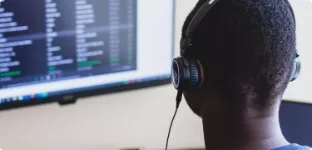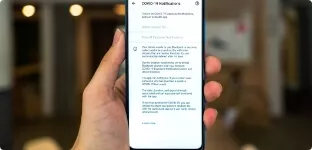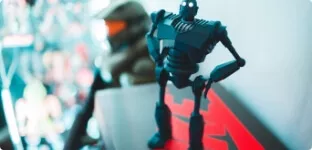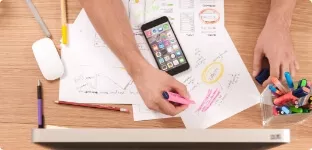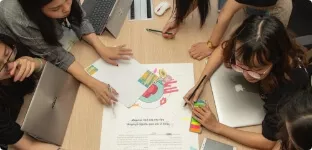Debugging
Debugging is a crucial skill for coders, and there are various approaches and tools available to help identify and fix issues in code. Here's a comprehensive guide to debugging a code:
1. Understand the Problem:
Read the Error Message: Understand the error messages or warnings. They often provide information about what went wrong and where.
2. Inspect the Code:
Code Review: Go through your code manually, line by line, to identify any syntax errors, typos, or logical issues.
3. Print Statements:
Use print() Statements: Insert print statements at different parts of your code to trace the flow and identify where the issue occurs.
4. Check Inputs and Outputs:
Input Validation: Ensure that the inputs to your functions or methods are as expected. Print or log input values.
Output Inspection: Verify the output of functions or blocks of code.
5. Use Debugging Tools:
Integrated Development Environment (IDE): Most modern IDEs have built-in debugging tools. Set breakpoints, step through code, inspect variables, and view call stacks.
Debugger Commands: Learn debugger commands for your language (e.g., pdb for Python, gdb for C/C++).
6. Logging:
Implement Logging: Use logging to record information about the program's execution. Log messages can be valuable for tracking down issues.
7. Unit Tests:
Write Unit Tests: Develop unit tests to verify individual components of your code. This helps catch issues early.
8. Code Versioning:
Use Version Control: If you're using version control systems (e.g., Git), you can revert to a working version if needed.
9. Isolate the Issue:
Comment Out Code: Temporarily comment out sections of code to isolate the problem.
10. Online Resources and Communities:
Forums and Communities: Seek help from online forums and communities like Stack Overflow. Share your code and error messages for assistance.
11. Sleep on It:
Take Breaks: If you're stuck, take a break. Sometimes stepping away and returning with a fresh perspective can help.
12. Documentation:
Review Documentation: Check official documentation for the programming language, libraries, and frameworks you're using.
Pair Programming:
Pair Programming: Collaborate with a colleague. Another pair of eyes can often spot issues you might have missed.
14. Learn from Mistakes:
Reflect on Mistakes: After resolving an issue, reflect on what caused it. Learning from mistakes improves your debugging skills.
Debugging is both a technical and creative process. Combining systematic approaches with creativity is key to becoming an effective debugger.
15.Use Nerdy Coders:
You can schedule a One to one meeting with an expert or ask your doubt on the telegram channel of nerdy coders.

